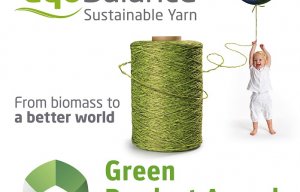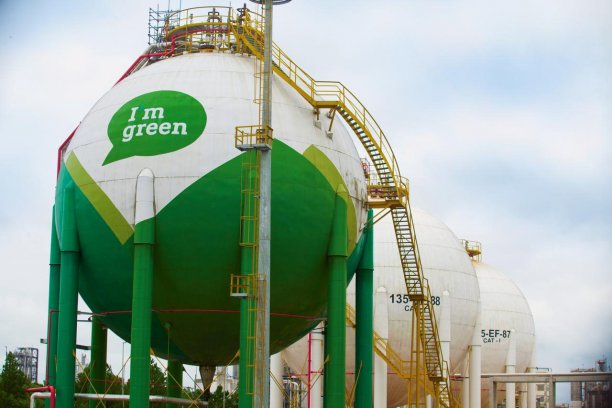
EqoBalance wins Green Product Award 2018
Critical step in the transition to using both recycled and renewable PP feedstocks.

30th January 2023
Innovation in Textiles
|
USA
Braskem, the largest polyolefins producer in the Americas which is currently evaluating making an investment in producing carbon negative bio-based polypropylene (PP) in the USA, has had all five of its existing sites in the country ISCC PLUS certified.
ISCC (International Sustainability and Carbon) is a globally leading certification system that provides transparency and traceability for sustainable feedstocks along the entire supply chain. For companies using the mass balance approach, it verifies that the mass balance accounting follows predefined and transparent rules. The certification also provides traceability along the supply chain and verifies that all feedstocks meet environmental and social standards.
“Achieving ISCC PLUS certifications for Braskem’s US production facilities reflects a major milestone around our continued progress in advancing our vision for a carbon-neutral circular economy,” said CEO Mark Nikolich. “It is a critical step in our transition to increase the use of both recycled and renewable feedstocks and the production of more sustainable PP for our clients utilising the mass balance chain of custody.”
The sites concerned are situated in Marcus Hook, Pennsylvania, Kenova, West Virginia, and at LaPorte, Oyster Creek and Seadrift all in Texas.
Braskem America will now be able to accelerate the production and sale of certified circular and bio-attributed PP solutions to its clients.
The company targets growing its recycled content product portfolio to sales of 300,000 tons by 2025 and one million tons by 2030. By engaging and investing in partnerships with other value-chain players Braskem is strengthening mechanical and advanced recycling, overcoming barriers, and ensuring the increased production of high-quality recycled material.
Bioethanol
The proposed new plant would utilise Braskem’s proven, proprietary technology to convert bioethanol into physically segregated bio-based polypropylene and the company is exploring partnership opportunities for the project with several clients, brand owners and suppliers.
“Building on our core technology and market leadership, we are actively evaluating a project to produce the world’s first bio-based polypropylene on an industrial scale to support our ambitious sustainability objectives and deliver tangible solutions,” said Nikolich. “As an established leader in the innovation and production of bio-based materials, we have seen the demand for our bio-based materials grow significantly since our initial product launches.
“This new US-based project would not only serve a growing market for sustainable solutions but also reduce our reliance on fossil feedstock.”
The USA is home to the largest ethanol production industry in the world and has ample technology, infrastructure and supply availability for a project in the PP value chain. Braskem’s bio-based PP would be a drop-in solution that has the same technical properties and recyclability found in Braskem’s current PP portfolio today, with the additional benefit of a negative carbon footprint.

Business intelligence for the fibre, textiles and apparel industries: technologies, innovations, markets, investments, trade policy, sourcing, strategy...
Find out more